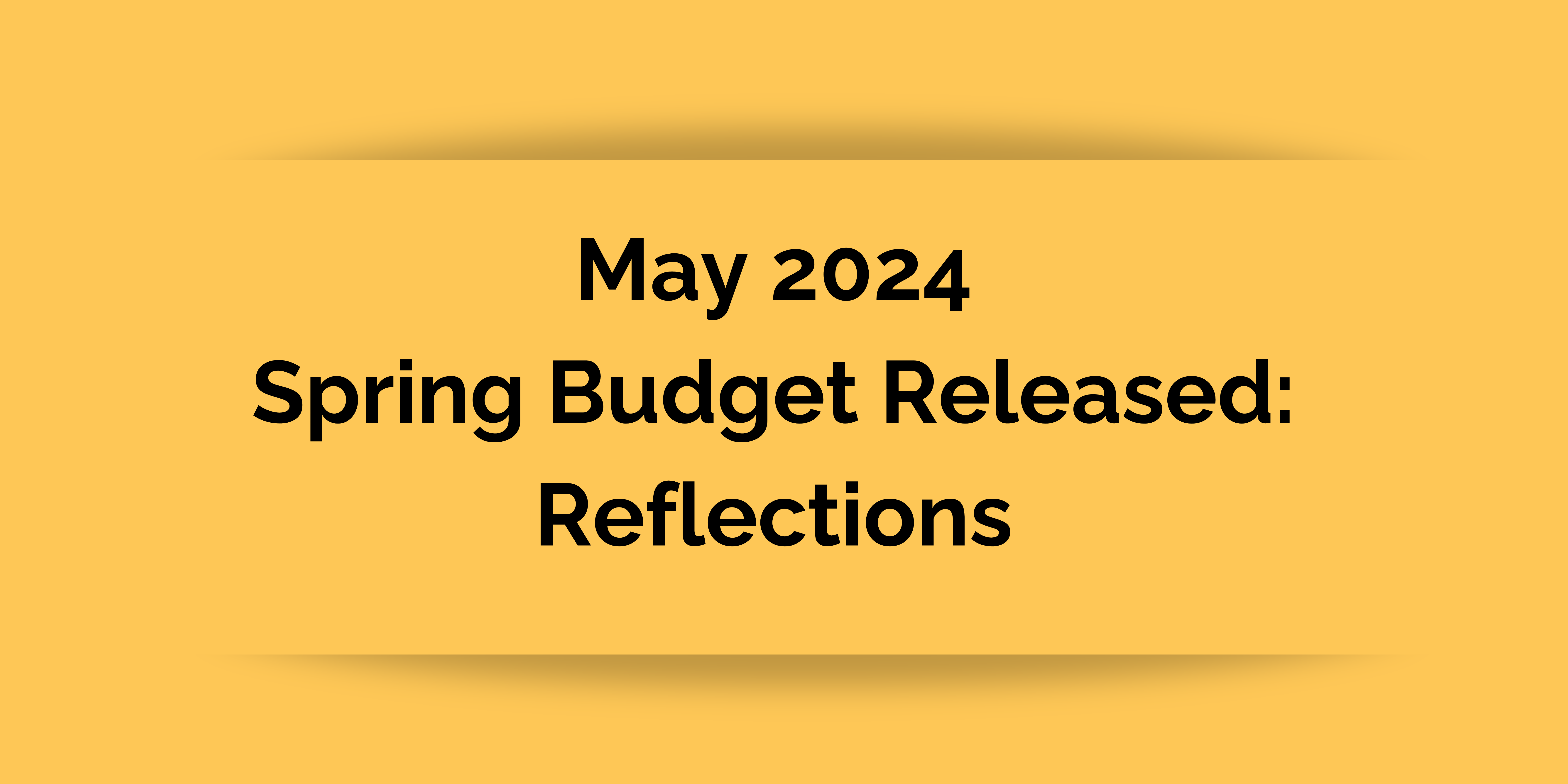
Opinion: Khedr and Hewitt: New federal disability benefit keeps disabled people in legislated poverty
The federal budget only set aside $200 per month/person for the Canada Disability Budget.
The federal government has been promising a federal disability benefit since 2020 – touted as a game changer for the many persons with disabilities living in poverty in this country. It has not lived up to its promise.
It took three years to turn that promise into legislation, with cross-partisan approval, paving the way for the historic Canada Disability Benefit (CDB). And it took another year for that legislation to be included in this month’s federal budget.
You’d think the disability community would be ecstatic that long-awaited financial relief is finally coming our way. Instead, some of us are deeply disappointed, and many of us are angry – but we are ready to put our stories before our legislated officials once again, urging they heed the call of disabled people.
The federal budget only set aside $200 per month/person for the CDB, which it will not roll out for another year, and which will only reach a fraction of those living in disability poverty (those few who have disability tax credit, or DTC, status). This falls far short of the grandstanding the Liberal government made about ending the spiral of disability poverty in Canada.
At Disability Without Poverty (DWP), an organization led by disabled Canadians for disabled Canadians, we have been doing the groundwork to help “Shape the CDB” and address the needs of Canadians with disabilities.
In our recently released report, Disability With Possibility: What We Learned From Disabled People Across Canada on Shaping the Canada Disability Benefit we asked thousands of disabled Canadians how a properly funded CDB could change their lives for the better. We learned a substantive CDB would allow them to thrive rather than struggle to survive.
We heard from disabled people who live in the most marginal, vulnerable situations, including racialized people, refugees and newly arrived immigrants, the 2SLGBTQ+ community, from those in precarious housing or homeless, from the Indigenous community, from people living in institutions and from people who have been incarcerated.
Using our network of grassroots activists, we were able to hear from a range of voices that are usually ignored. But their numbers are not small.
Disability comprises 27 per cent of the Canadian population. It is the largest minority that anyone can join at any time. Disability crosses all socioeconomic and racial divides. Importantly, in our study, we found that over one-third of disabled participants were also carers to other disabled people.
So, what do they need? Our research found an adequately funded federal benefit could make massive changes to their lives.
One person told us he would buy medication that is not funded by his province. It costs $9 a day and not taking it constantly puts him back in hospital. In a 30-day month, $9 is $270. This new benefit would not even cover this most modest, life-changing need.
Andy from B.C. told us an adequately funded CDB, “would revolutionize my life, making basic necessities accessible rather than luxuries.”
Tammy from Nova Scotia says, “Receiving the CDB would make such a difference between struggling to exist and having a life worth living. People shouldn’t have to decide between paying rent and buying groceries.”
This benefit has never been about access to fancy cars or vacations. It is about dignity and autonomy for Canadians who need help. They are not asking for a handout, but a hand up.
Instead, the government pulled its hand away.
Our report identified eight areas where people said they would spend the benefit ranging from health and nutrition to personal care to mobility and transportation.
On housing stability, Indigo from Montreal said: “Living so far under the poverty line is exhausting, trying to hustle to have enough money to pay rent frequently makes my disability worse.”
Unfortunately, the $200/month budgeted by the federal government will do little to help those we spoke with for our report – and keeps disabled people in Canada in legislated poverty.
The CDB could open up a world of possibility for disabled people, but to make this happen, to allow disabled people to thrive as independent, active members of our society, it must be funded adequately.
The federal government must reduce poverty and support the financial security of persons with disabilities – as they promised. $200/month doesn’t get us there.
In a just society, we would help people like Paula who dreams “about the possibility of a future where I’m a valued and contributing member of society.”
They have opened the door. We won’t let them close it. Grieve, be mad. Then keep fighting. What kind of Canada do you want to live in?